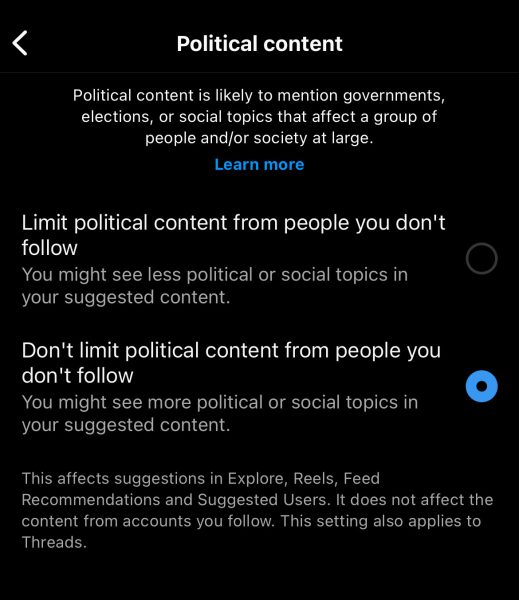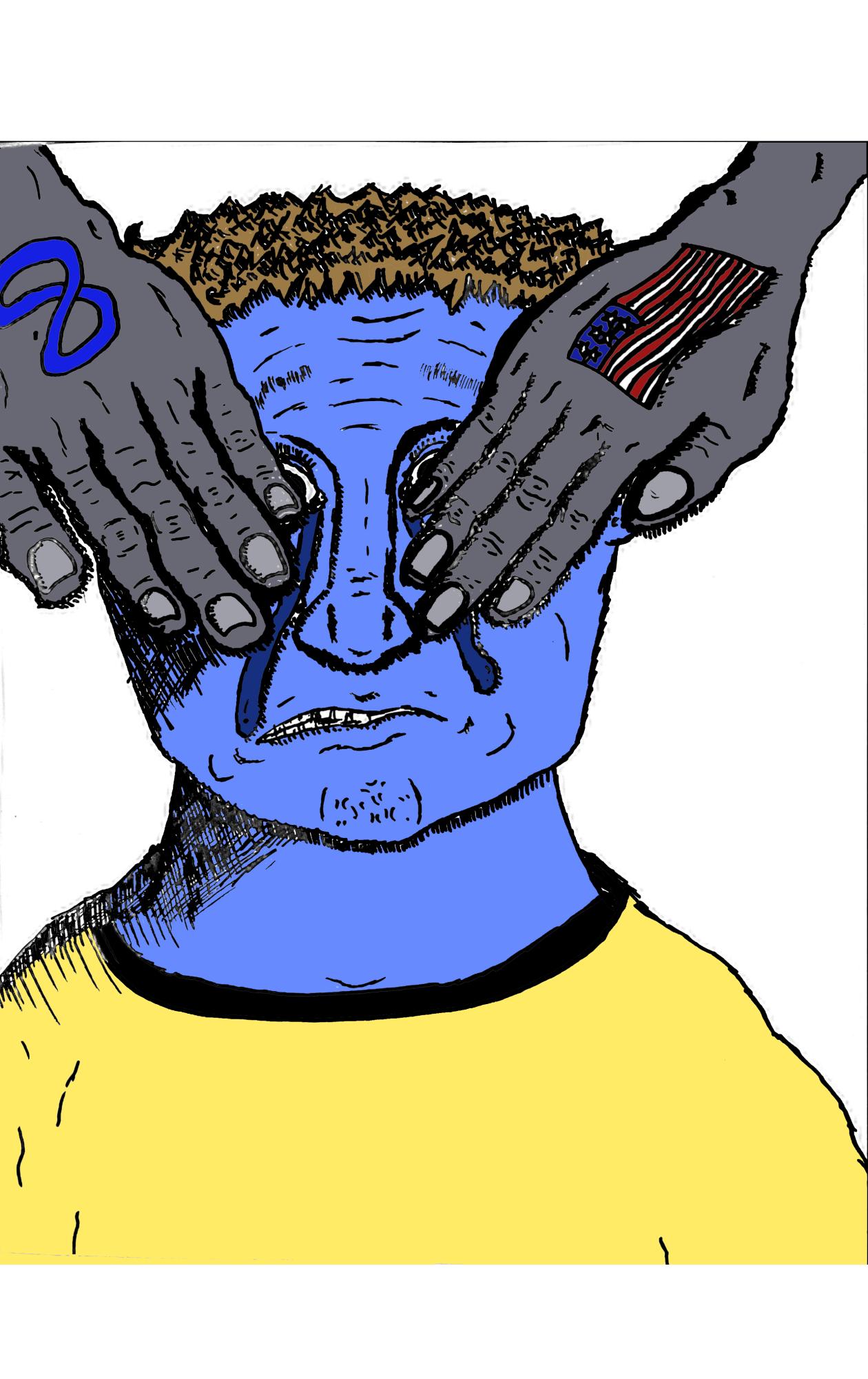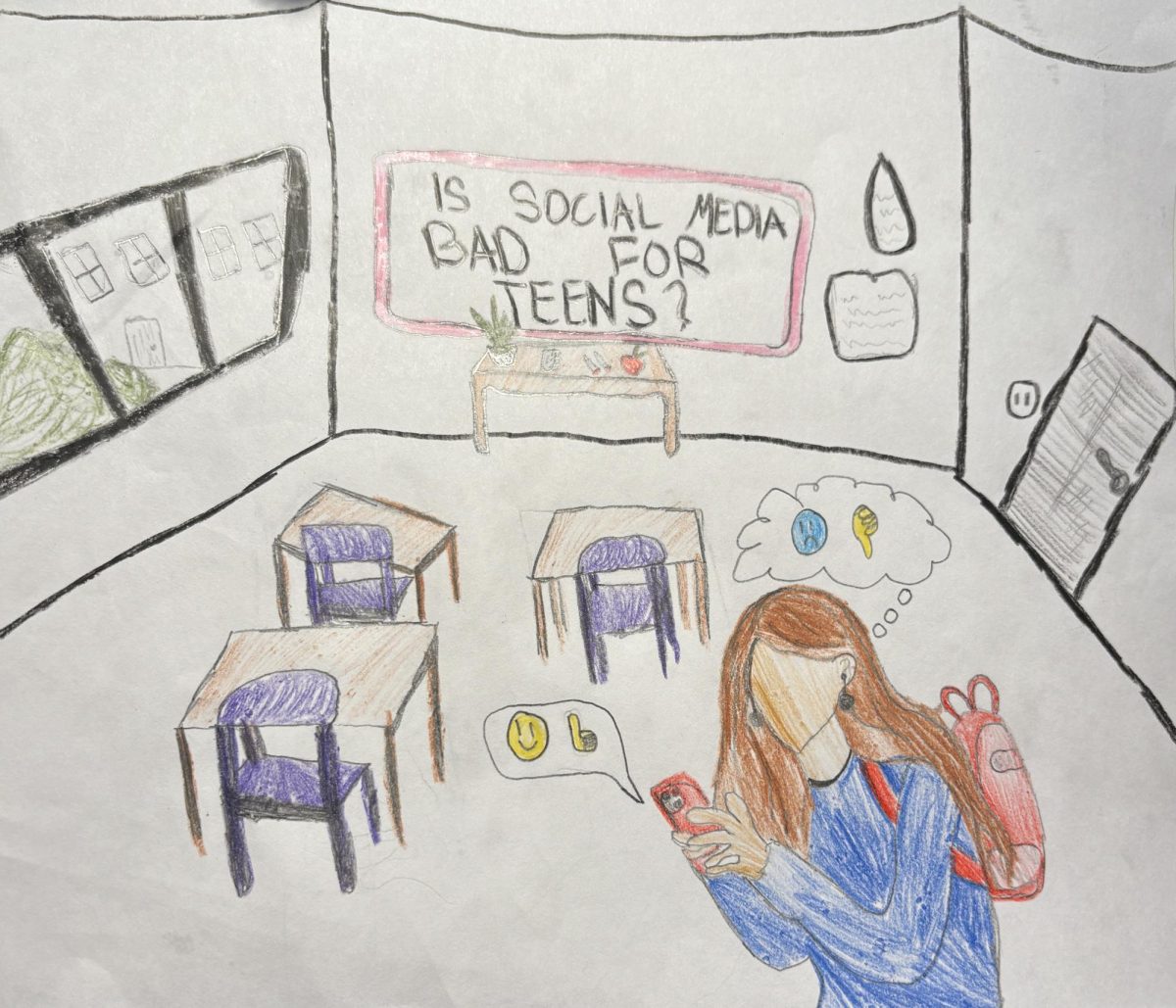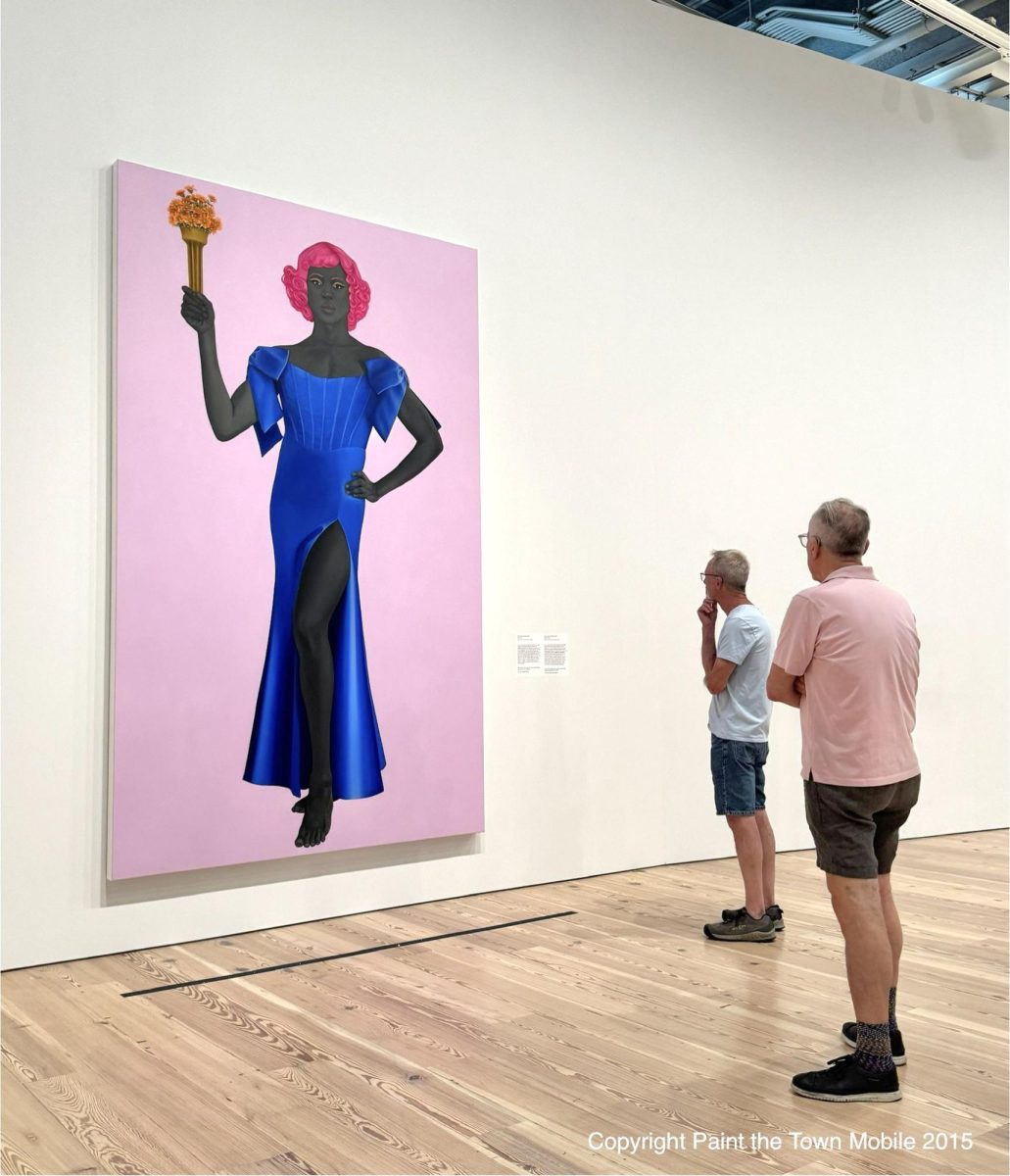I can’t believe I’m saying this, but I agree with Donald Trump.
This time, Congress didn’t leave me much of a choice.
We all saw it coming for years: a bill that would effectively ban the social media platform TikTok, owned by Beijing-native tech corporation ByteDance, has passed the House and the Senate, and as of April 24, was signed into law by President Biden himself.
The ultimatum the bill presents is simple: if ByteDance, which is beholden to the Chinese Communist Party and is legally bound to grant them any information or data it requests, doesn’t divest, or sell off, TikTok within nine months, it will be completely banned in the United States.
The former president, meanwhile, has made clear that he does not support the bill, surprisingly echoing sentiments from some democratic legislators that a ban would strengthen the market dominance of Meta, the overseer of social media giants like Facebook, Instagram, and—don’t laugh—Threads.
How do you even begin to address the ethical example a bill like this sets? One could mention how such an authoritarian measure ironically mirrors the Chinese government, the body our legislature is so suspicious of; one could mention how TikTok has claimed they’ve never offered any data to the CCP, and have even previously fired several workers for accessing users’ personal information; one could mention how a ban would not only put thousands of people who use the site as a source of income into financial distress, and how it would, again, bring the Meta corporation one step closer to operating a social media monopoly; one could mention how this act does nothing but escalate U.S.-China tensions, which can only have negative repercussions going forward.
Above all, one could mention how eliminating TikTok would be removing one of the youth’s most significant sources of news and information, and how in spite of all the other thoughtless slop and production-line trend-chasing associated with the app, the ban can’t be construed as anything other than a direct act of media censorship by a government which guarantees, in writing, the freedoms of speech, expression, and the press.
Anyone who considers themselves to be a supporter of our nation’s democratic principles should be concerned about the precedent set by this act, regardless of how they feel about China, their privacy online, or whether the clay ball is blue or purple on the inside.
Even in the event that Bytedance issues a legal challenge and manages to win, preventing the bill from taking effect, the legislature has now proven they can make this kind of censorship a reality startlingly quickly, and there’s nothing to stop them from implementing similar measures against any other companies or products decided to be “national security threats” in the future.
The double standard when it comes to the federal treatment of TikTok and Meta, however, only continues to emerge; within the same month of March in which the TikTok ban passed the House, Meta imposed a new feature in which your Instagram and Threads will, by default, filter out political content from your feed, whether you asked for it to be or not.
This change was implemented with little more than a minor announcement from the company, and now billions are being unwittingly deprived of important information from what for many of them may be the closest thing they have to a source of news.
Little effort was made on Meta’s behalf to clarify exactly why this move was made, beyond the aforementioned blog post reciting how their sites should be “a great experience for everyone,” among other spots of nauseatingly rehearsed corporate-speak.
Mind you, it doesn’t block political accounts that are followed by the user, just most other posts that whatever algorithm or moderators have been put in charge consider “political.” Needless to say, this only raises more questions than answers: what counts as political content? Are politicized issues political content? Is a video of a gay wedding, or a woman talking about abortion, political content? Why was this feature enabled for everyone by default? Why didn’t they tell anyone it would be enabled by default? Why, why, why.
Frustratingly, the answers to these questions aren’t exactly forthcoming. What’s more, this feature has gone so unnoticed by the overwhelming majority of users that there’s been not nearly backlash to speak of, certainly not enough to generate some sort of policy reversal. For now at least, we’re stuck with an inferior product intentionally engineered to keep users in a political echo chamber, deprived of important news they may not have been looking for, along with whatever else the trillion-dollar company in charge thinks isn’t best for you.
Censorship, however, is by no means a victimless act: the ones who will suffer the most from this filter will be the informers, news outlets and journalists who will no doubt suffer a massive drop-off in their influence for a simple attempt at providing a public service. In a way, this filter actively discourages the proliferation of important information in the same way one would for graphic nudity or violence. Functionally, it punishes people for trying to do their jobs.

Some lawmakers seem to agree the filter is an unjustified act of censorship during a particularly important time in the political landscape; nevertheless, the irony appears to be lost on them; Sen. Marsha Blackburn, D-Tenn., who was so outspoken about the Instagram change, was conversely one of the strongest advocates for the aforementioned TikTok ban.
In other words, the same woman who so willingly pushed for the total elimination of TikTok from the U.S. marketplace, perhaps the most extreme form of censorship of which she’s capable, was affronted by an act of censorship made by another. At the risk of sounding blunt, it makes her and similarly opinionated politicians quite the hypocrites.
The explanation for this behavior, however, is easy enough to put together: one strengthens her bottom line, and the other does not. Blackburn is up for reelection this year, as are many of her colleagues, and a successful elimination of a controversial platform is a major policy victory that could ensure their retention of power. But for a site like Instagram, where many of these politicians focus a decent portion of their campaign resources on self-promotion, a filter would impede their goals.
It’s not all self-interest, though; rather, the TikTok ban was also beneficial for national interest. In the xenophobic sense, that is. At the end of the day, it’s simply more optimal for the U.S. government to be able to keep tabs on the social media platforms used within its borders, for better and for worse. That way, when those platforms decide to sell data, it won’t be to “the enemy.”
But make no mistake: this is about power, not protection.















